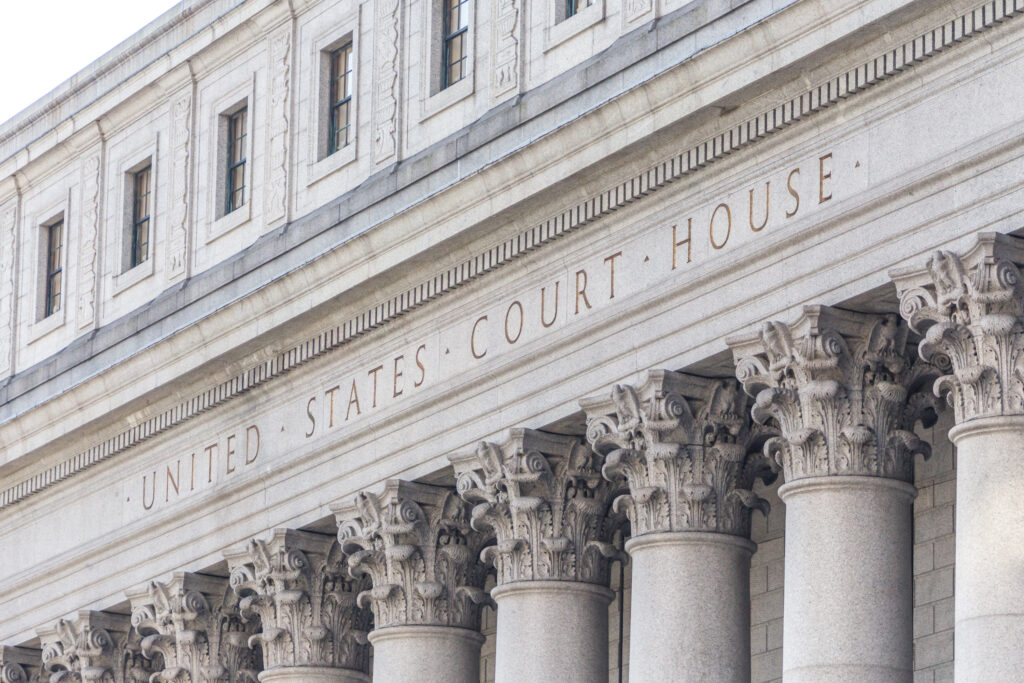In complex legal battles involving multiple plaintiffs with similar claims, a panel of federal judges, the Judicial Panel of Multidistrict Litigation (JPML), has the power to form an MDL and consolidate lawsuits around the country before one federal judge for case management. Multidistrict Litigation (MDL) emerges as a crucial mechanism to streamline proceedings. At the heart of MDL cases lies the court appointment of an executive committee to represent the interests of the plaintiffs. This article will help explain the purpose and function of the court appointed the Plaintiffs’ Executive Committee or “PEC.”

What is the Purpose of the Plaintiffs’ Executive Committee?
The PEC serves as the driving force behind the litigation. They perform the following functions:
- coordinating strategies
- conducting discovery
- leading bellwether trials
- negotiating settlement
- hiring expert witnesses
Overall, the PEC advocates for the collective interests of the plaintiffs. This includes funding of the litigation costs necessary to prosecute the cause. Court appointment to this committee is a pivotal moment in the MDL process, with far-reaching implications for all parties involved.
What is the Significance of the PEC?
Primarily, court appointments lend credibility and authority to the executive committee. In complex litigation with potentially thousands of plaintiffs, having a designated body to oversee proceedings provides structure for case management. The court’s endorsement of the executive committee signals to all stakeholders—plaintiffs, defendants, and the public—that a competent and dedicated body is steering the litigation towards favorable resolution for the plaintiffs. Furthermore, court-appointed executive committees play a vital role in promoting fairness and equity in MDL proceedings. As representatives of the plaintiffs’ interests, these committees strive to ensure that all claimants receive fair representation and consideration. They work tirelessly to uphold the principles of justice and accountability, seeking just compensation for those harmed by the defendant’s actions.
PEC Experience and Expertise
Moreover, court-appointed executive committees bring ability and experience to the table. These committees often comprise seasoned attorneys with a deep understanding of the legal complexities inherent in MDL cases. Their collective knowledge empowers them to navigate intricate legal issues, assess the strengths and weaknesses of the case, and devise effective strategies to maximize the plaintiffs’ chances of success.
Efficiency Through PEC Management
Court appointment also fosters efficiency in MDL proceedings. By entrusting key responsibilities to the executive committee, the court streamlines decision-making processes and reduces procedural delays. This efficiency is crucial in MDL cases, where time is of the essence, and the sheer volume of claims needs swift and effective management. Additionally, court appointment imbues the executive committee with the authority to negotiate settlements on behalf of the plaintiffs. In MDL cases, where a protracted trial for all plaintiffs is impractical if not impossible, reaching a settlement often stands for the most pragmatic path forward. The court-appointed executive committee acts as a catalyst for settlement negotiations, advocating for favorable terms that uphold the interests of the plaintiffs.
Conclusion
Court appointment to the plaintiffs’ executive committee is an incredibly important part of the MDL process. From enhancing fairness to promoting efficiency, court-appointed executive committees serve as linchpins in the complex machinery of MDL proceedings. Moreover, the PEC forms part of a framework to provide judicial efficiency in mass legal actions. Their stewardship guides the litigation towards resolution.




